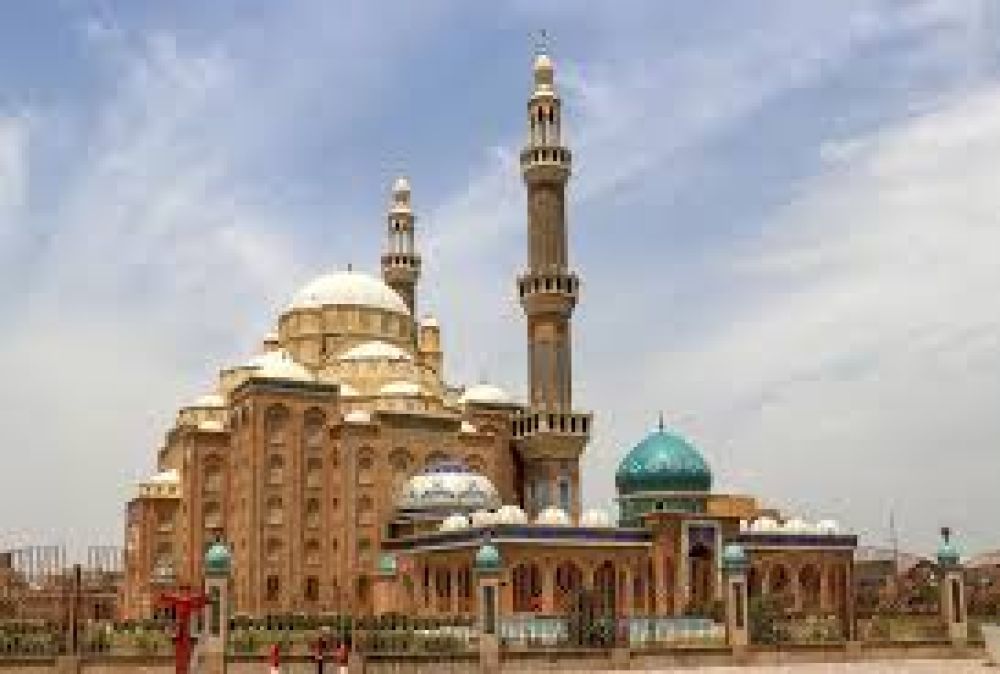

Erbil, the capital of the Kurdistan Region in Iraq, is one of the oldest continuously inhabited cities in the world. Among its many historical and cultural sites is the Jalil Khayat Mosque, a relatively new addition that has quickly become a significant landmark for both worshippers and tourists alike.
The Jalil Khayat Mosque, named after the prominent Kurdish businessman Jalil Khayat who initially funded the construction, is an architectural marvel that was completed in 2007 after the passing of its benefactor. Khayat's sons continued his legacy and saw the project through to completion. The mosque, while not steeped in ancient history, has been built with an awareness of the rich architectural traditions of the region and the wider Islamic world.
The mosque is a blend of various Islamic architectural influences, predominantly Ottoman, but with hints of other styles such as Persian and Andalusian. It's characterized by its large dome, two tall minarets, and intricate decorative work both inside and out. Built to house thousands of worshippers, it is not only a place of religious significance but also an emblem of Kurdish cultural identity and resilience.
Since its opening, the Jalil Khayat Mosque has joined the ranks of Erbil's tourist attractions as it is a fine example of modern Islamic architecture. While Kurdistan, and Iraq more broadly, have faced significant challenges in terms of international tourism, there has been a growing interest in cultural and historical tourism in the region.
In recent years, there has been an emphasis on developing the Kurdistan region's tourism potential, including in the city of Erbil. The easing of visa restrictions, improved security, and investment in infrastructure suggest an optimistic future for the sector. The Jalil Khayat Mosque contributes to the city's appeal, attracting visitors who are interested in religious architecture and the contemporary culture of the region.
Cultural events and religious celebrations at the mosque draw in crowds, and guided tours are often available to educate visitors about the mosque's design and significance. As Erbil continues to position itself as an emerging tourist destination, the Jalil Khayat Mosque stands as a testament to the rich and diverse cultural landscape of this ancient city.
For tourists wishing to visit the Jalil Khayat Mosque, it is important to be mindful of cultural and religious practices. Dress modestly, and be respectful of local customs, particularly during times of prayer. Photography is generally allowed, but it's advisable to seek permission before taking pictures of individuals or within the prayer hall.
As with any destination, it is recommended that visitors familiarize themselves with the most up-to-date travel advisories and local laws before planning their journey to Erbil and the Jalil Khayat Mosque.